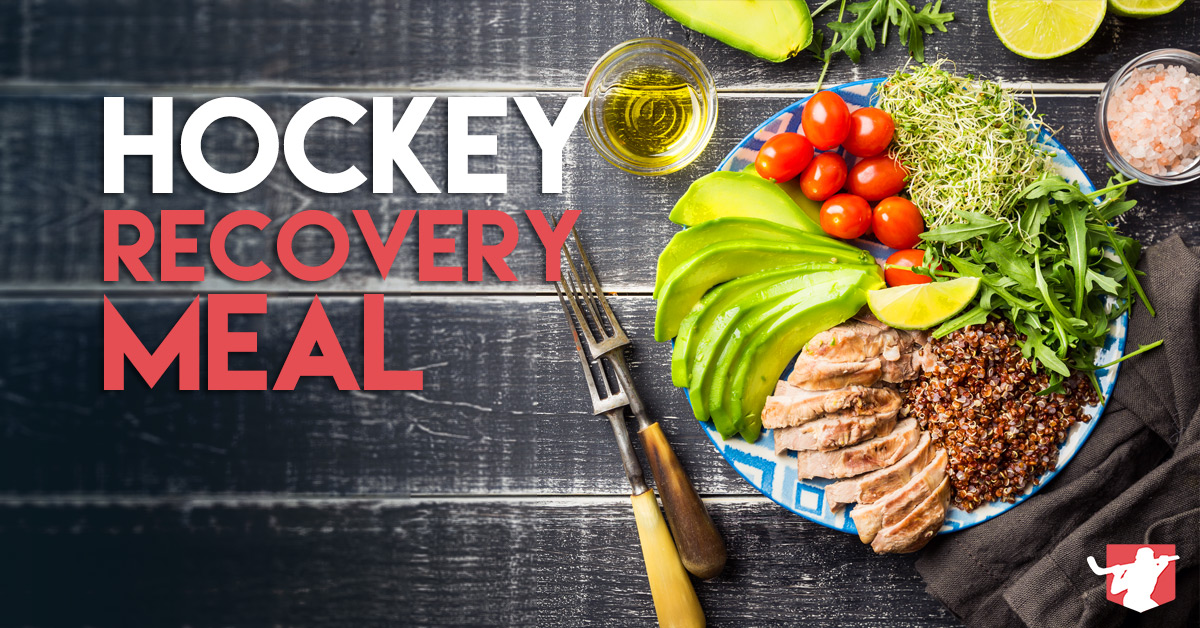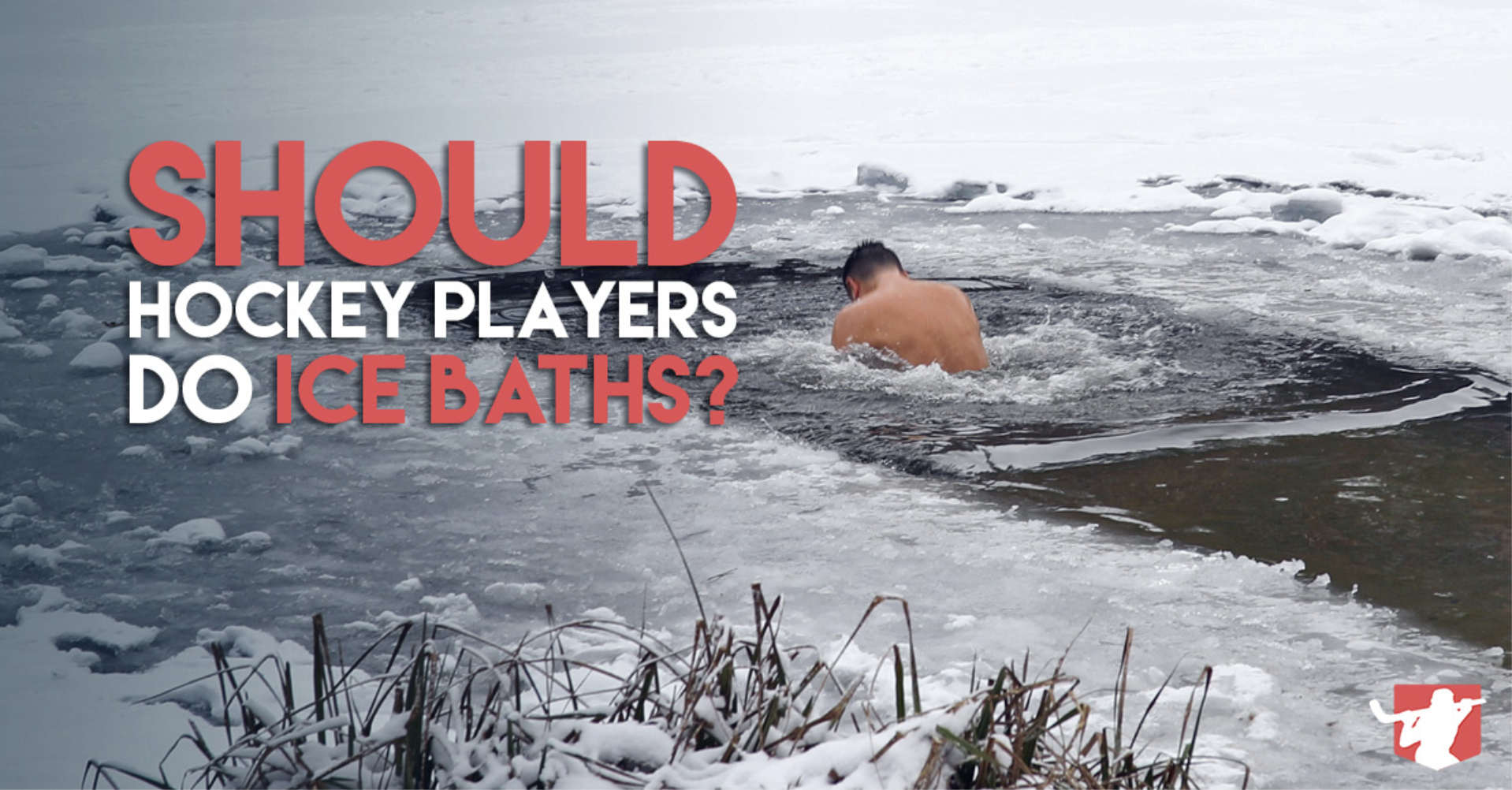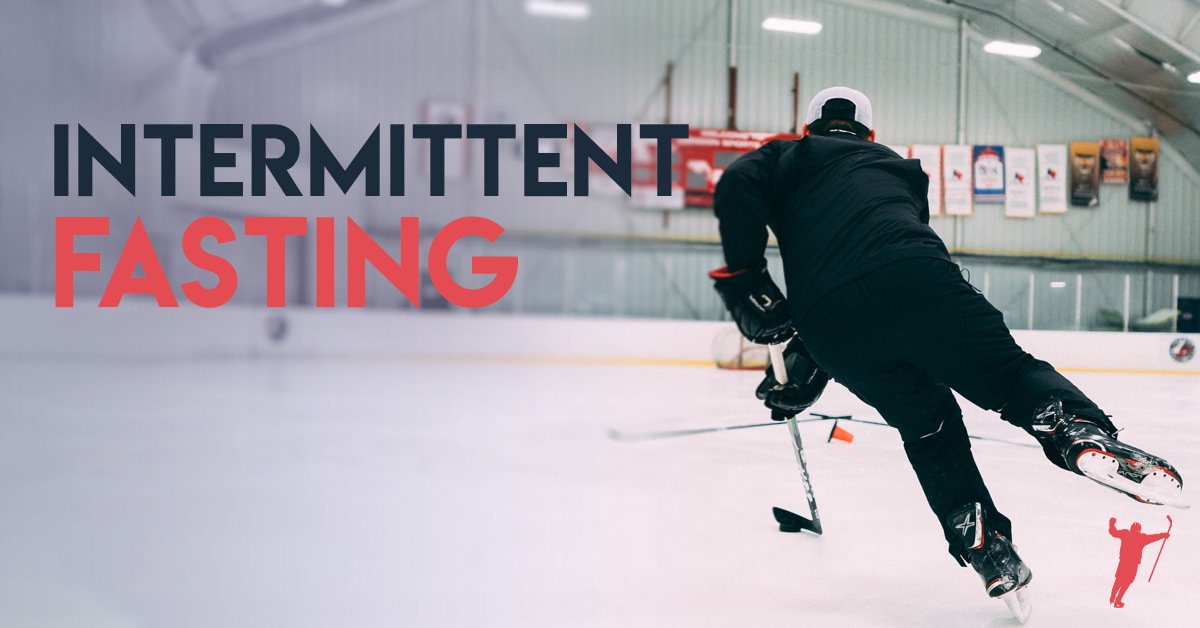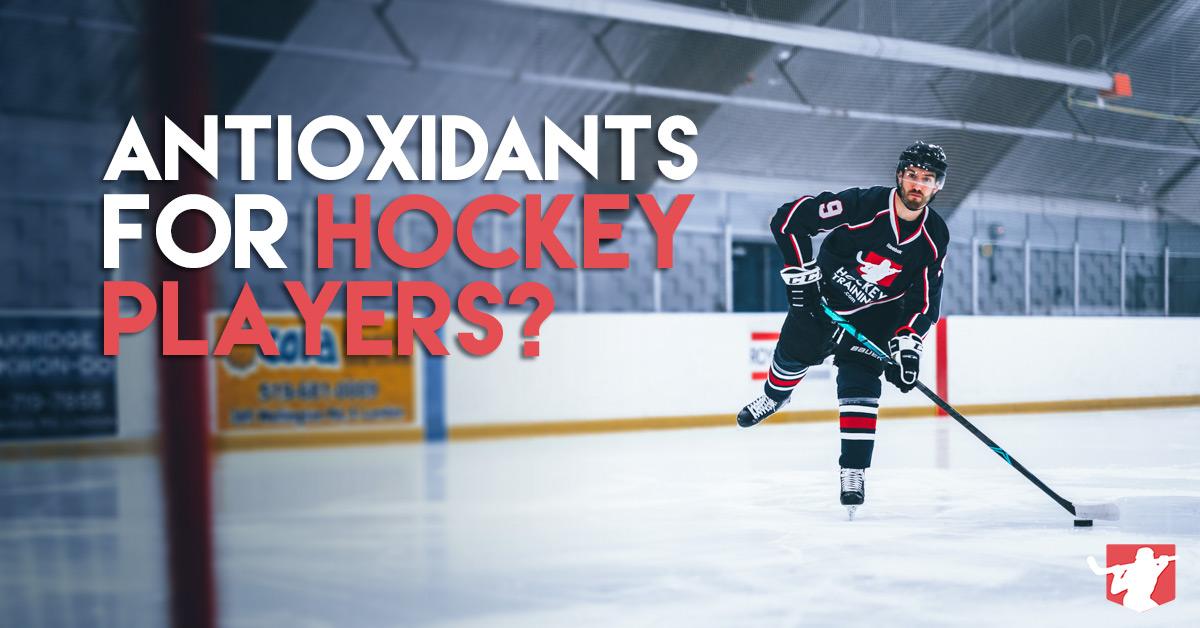In this article, I am going to break down five simple strategies that you can use right away to start boosting your post-game and post-workout recovery rates.
Many of us know that it’s important to have one of your protein-containing meals fairly soon after hockey or resistance training, this is because it’s an important time for muscle recovery and growth.
I have talked in depth in past articles about the exact calculations you should be making relative to your bodyweight to optimize recovery.
Put simply, a fail-safe recommendation you can use is to have 0.5g of protein per kilogram of body weight and 0.5-1g of carbohydrates per kilogram of bodyweight — both of those coming immediately post-game either in the form of a shake or a solid meal.
With this formula, somebody who is 80kg would have 40g of protein and 40-80g of carbohydrates post-game/workout.
Carbohydrates vary depending on the intensity of the workout and the goal of the athlete (fat loss, muscle gain, maintenance, etc.)
Five Recovery Strategies to Boost Hockey Performance
I want to simplify things for you today because admittedly my past articles have been very science-heavy on this topic (some of you like that, but some can’t be bothered with those details and just want simple solutions).
To simplify things, I sat down and came up with five major points of importance so you don’t get lost trying to micromanage small details that don’t matter much.
Let’s get into them.
#1: Eat Right After Physical Activity
Eating within 20 minutes after physical activity is when these nutrient timing strategies are going to make the biggest difference.
If you had a proper pre-workout meal then there is less urgency on the post-workout meal, but, it’s still a no-brainer as far as the research is concerned.
If you have proper pre- and intra-workout nutrition, you can have your post-workout meal 30-60 minutes after your game/workout.
But, if you don’t follow my guidelines on pre- and intra-workout nutrition then I would suggest not waiting until you get home from the rink to eat and instead have a shake right there with you ready-to-go once you’re done playing.
#2: Consume Both Protein and Carbohydrates In This Meal
Some hockey athletes only have Gatorade (carbs), and some hockey athletes only have whey protein (protein) — if you want to have the most well-rounded post-game recovery meal you need to combine these two.
Have carbohydrate power plus a shake, or, have both meat and rice right after your game (and for goodness sakes if you eat pasta put some dang protein in it).
Protein and carbohydrates have different metabolic reactions in the body, combining them together yields you the most complete result.
#3: Make Your Post-Game Meal The Biggest Carb Meal Of The Day
Carbohydrates after physical activity help restore blood sugar levels, lower cortisol, increase anabolism, reduce catabolism, and support hydration levels.
As you can see, carbohydrates play a lot of different rules after a hard workout. All of these roles plus the fact that they are primarily utilized to replenish glycogen post-workout means that in this window, more than any other window in the day, they have an extremely rare propensity to be stored as body fat.
Get them in while you can and you massively win the cost/benefit analysis for recovery and overall hockey performance.
#4: You Can Supplement or Eat, It Doesn’t Really Matter
I often recommend liquids after intense physical activity because they are absorbed much faster and “kick start” recovery in a very real way, but, the research has shown that if you don’t have another bout of physical activity within 24-hours your glycogen is going to be replenished anyway.
This means, if you are training twice within a 24-hour window you’re going to want to have liquid nutrition post-game/workout (carb powder + whey) — but if you aren’t training again within 24-hours feel free to just eat a meal with the same calculations that I provided above using the foods of your choice.
#5: Eat Simple Carbohydrates
Immediately after physical activity is a time period of the day where it’s actually preferable to have fast absorbing carbohydrates.
This means things like sports drinks and white rice are actually better for your than their “complex carbohydrate” counterparts.
Keep the carbs simple after a game, and complex (sweet potato, wild rice, quinoa) during your normal meals.
Final Thoughts
If you can follow the above five strategies each and every time you train or play a game, you’ll be giving yourself a real jump start in your rate of recovery compared to anything that you’re doing now.
Do things get more complex than this?
Sure, but these are the “big rocks” you should always have in place no matter how busy your schedule gets.
If you liked this article today, I post a ton of more content just like this inside the VIP Members Area here at Hockey Training, so if you’re ready to take the leap and become an all-around better hockey athlete I highly recommend you check it out because absolutely everything you need is in there for you to get the job done faster than ever before.








